Posted on 10/10/2023
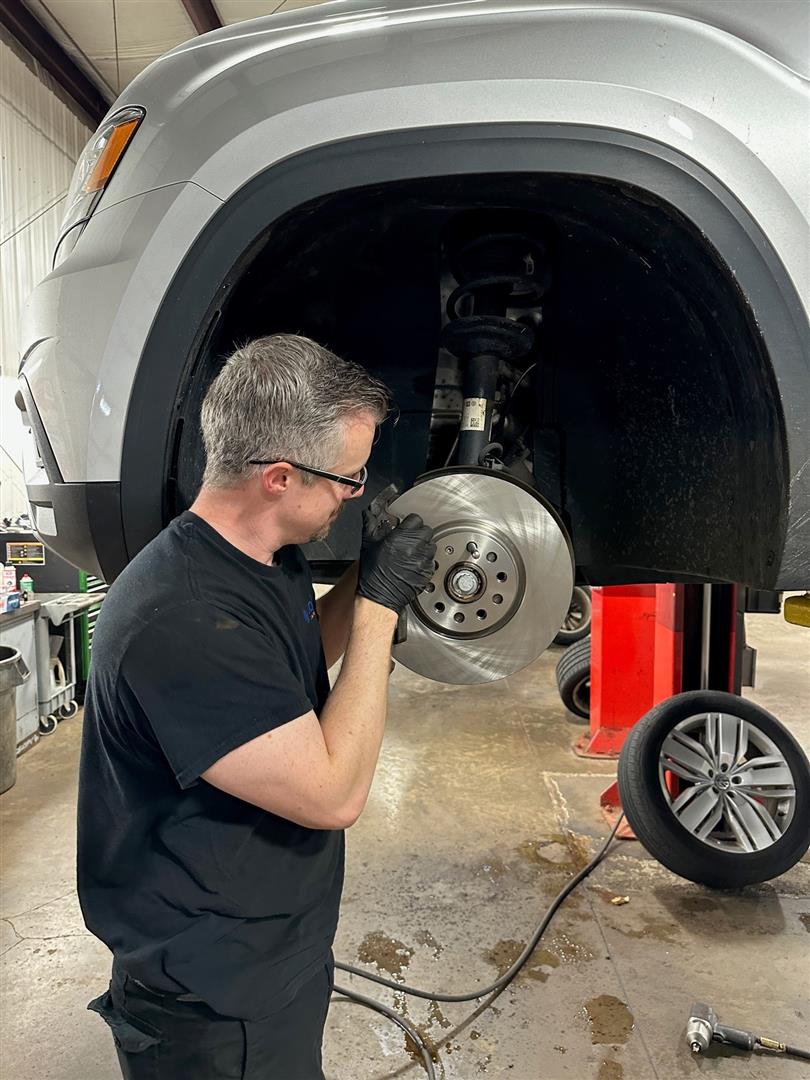
Vehicle maintenance is crucial to extend its lifespan. And prevent costly repairs down the road. That’s where preventative maintenance comes in. Preventative maintenance helps prevent potential issues from becoming bigger problems. Let's take a closer look at what exactly preventative maintenance is, why it’s important, and some practical tips you can follow. What is preventative maintenance? Preventative maintenance involves routine services like oil changes, tire rotations, and brake inspections. These services aim to prevent issues from becoming serious problems. By keeping up with these regular checks, you can extend the life of your vehicle. And avoid costly repairs down the road. Why is preve ... read more
Posted on 8/31/2023
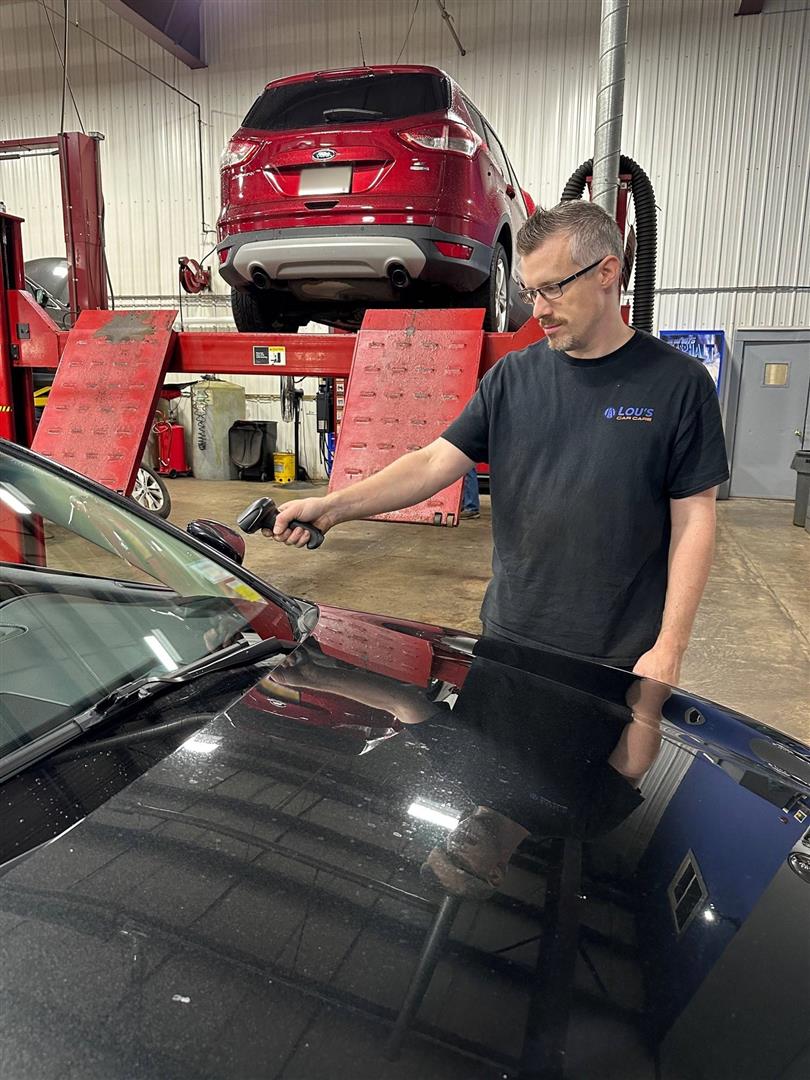
Is your car ready for a New York State (NYS) inspection? It's important to do this for a few good reasons. These inspections help keep our roads safe and lower the harmful stuff that cars put into the air. Let's talk about why you should get an NYS inspection and what goes on when your car gets checked. It's the law Every car registered in New York has to go through a checkup every year. This makes sure that all cars driving around meet the least amount of safety and clean air rules made by the DMV. More safety Getting your car inspected in NYS can help make sure you and the people with you are safe. This check looks at really important parts of your car like the brakes, lights, and tires. If something's not working right, they can tell you an ... read more
Posted on 6/6/2023
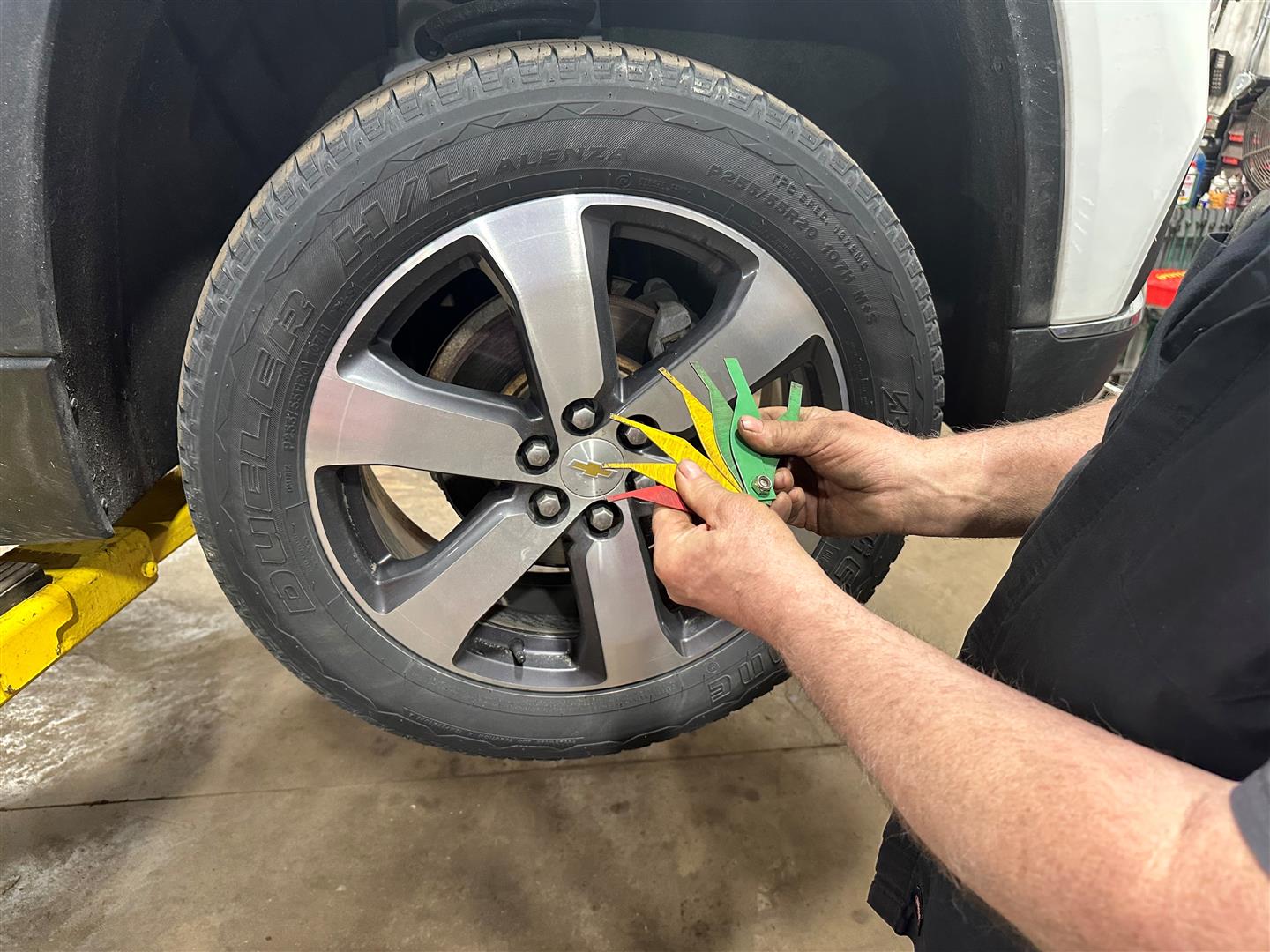
Brake pads are a crucial component of your vehicle’s braking system. They help you stop your vehicle when you need to and ensure the safety of you and your passengers. Over time, brake pads wear out and need to be replaced to maintain the optimal performance of your vehicle. But how do you know when it’s time to change them? Learn how to measure brake pads and determine whether they need to be replaced. Measure the thickness of the brake pad: The thickness of the brake pad is the most essential aspect when considering replacement. Ideally, the thickness of the brake pad should be at least 1/8 inches or more. Use a micrometer to measure the brake pad’s thickness. The micrometer measures the thickness of the pad from the backing plate to the outer edge of the friction material. Use the brake pad wear indicator: Some brake pads come with a wear indicator. The wear indicator is a ... read more
Posted on 5/5/2023
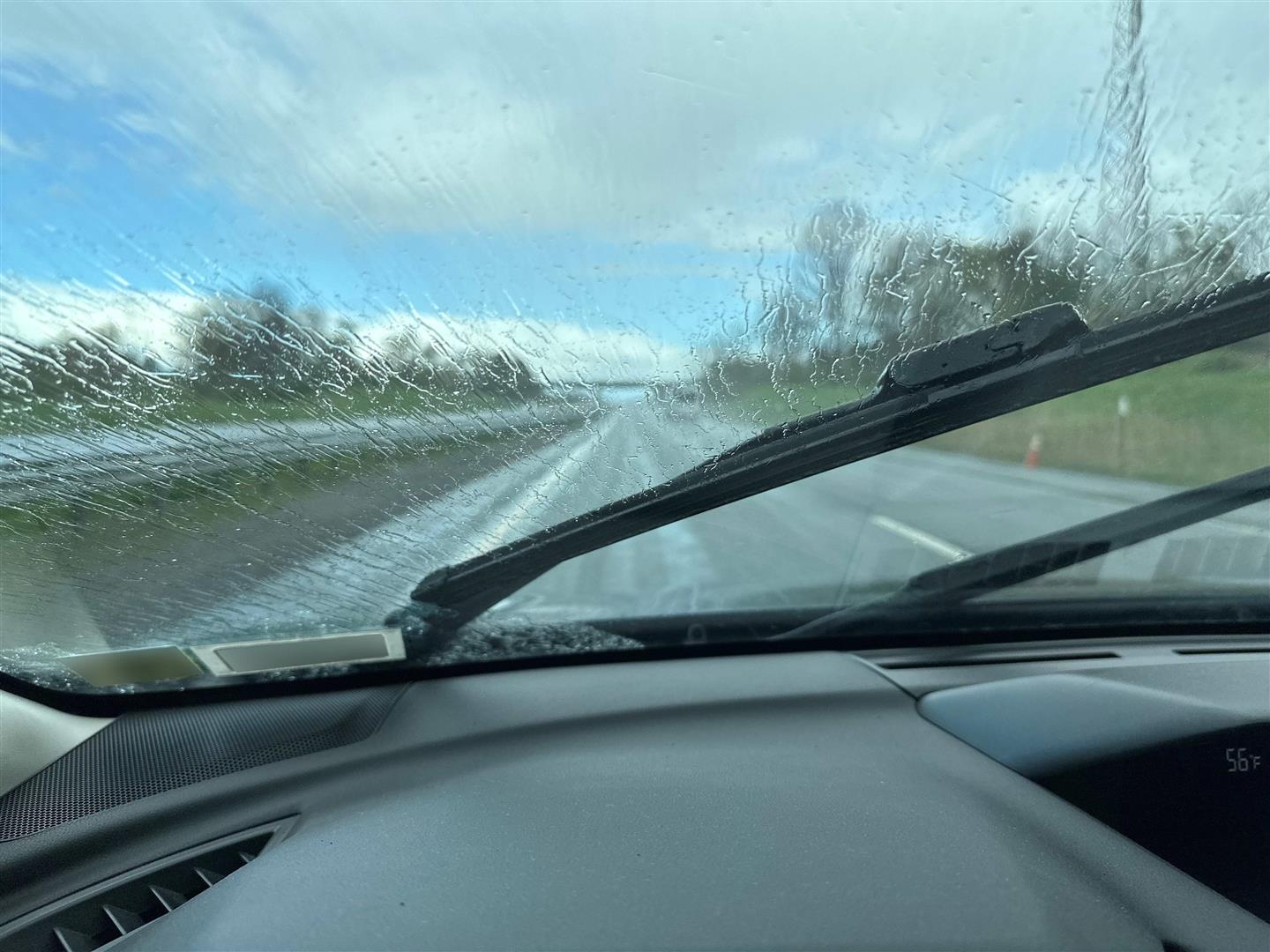
Driving in rainy conditions can be a challenge, especially when you're faced with hydroplaning. Hydroplaning happens when your car's tires are unable to grip the wet roadway. And causes it to slip and slide around. This can be a dangerous situation, especially at high speeds. So, what can you do to stop your car from hydroplaning? Here are some helpful tips to keep you safe while driving in the rain. Slow down: The first and most important thing you can do to prevent hydroplaning is to slow down. The faster you're driving, the more likely it is for your tires to lose traction. If you notice rain or standing water on the roadway, immediately reduce your speed. This will give your tires more time to grip the road and prevent hydroplaning. Check your tires: Your tires are the only part of your car that comes into contact with the road. That's why it's importan ... read more
Posted on 4/28/2023
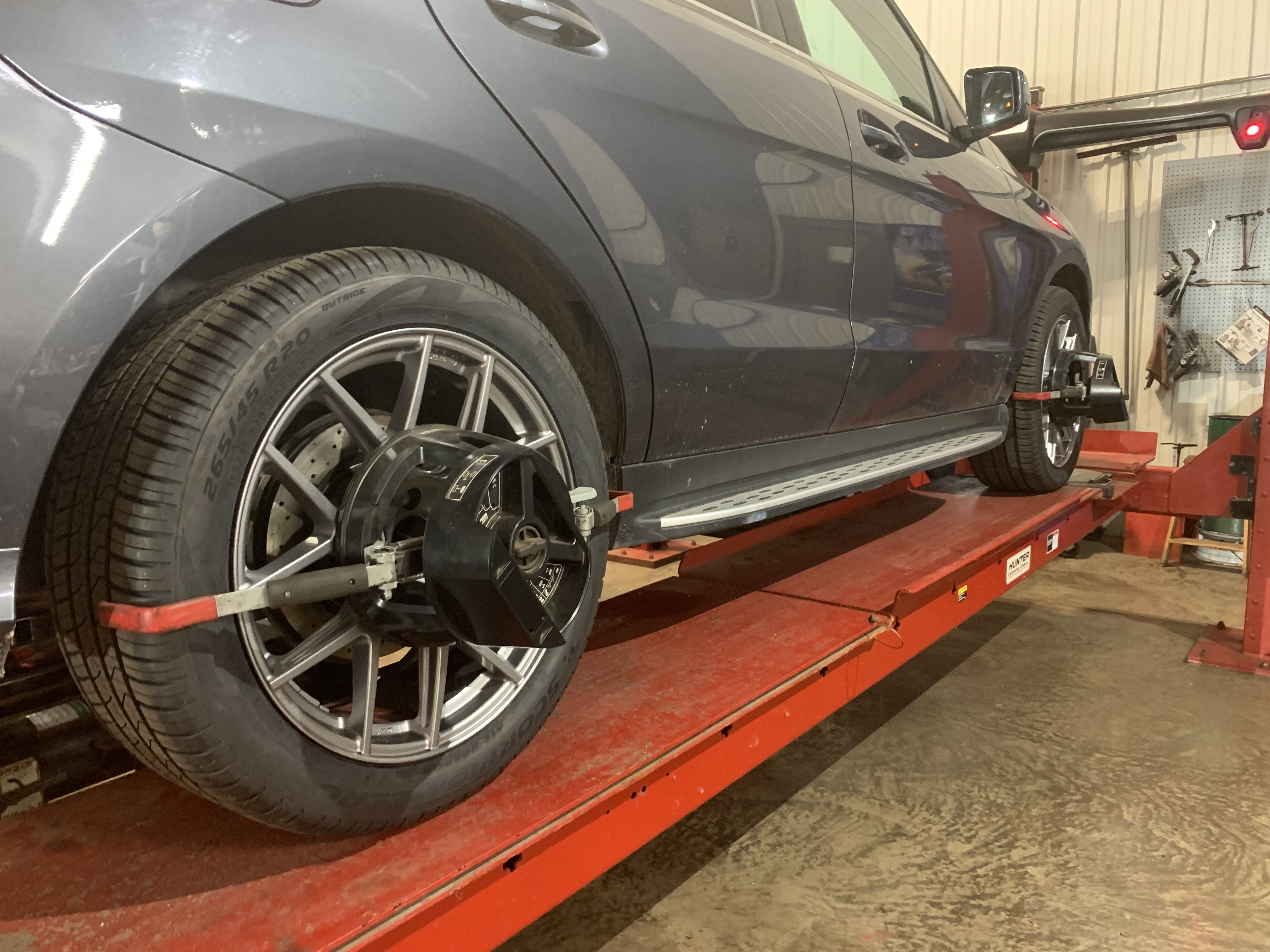
Have you ever experienced your car pulling to one side while driving? This can be a frustrating and even dangerous problem. Pulling can cause premature wear and tear on your tires. This can lead to reduced fuel economy and compromising your driving experience. To ensure a safe and comfortable drive, it is important to understand why your car is pulling to one side. Learn more about the reasons behind this problem and what you can do to to fix them. Wheel Alignment Issues One of the most common reasons for your car pulling to one side is related to wheel alignment issues. Your car's wheel alignment can be thrown off by several factors such as hitting a curb, potholes, or worn out steering components. When this happens, the alignment of the wheels can become misaligned. This can lead to uneven wear on the tires and pulling to one side. A simple alignment service can help get you back on track in no time. Uneven Tire Wear Your tires play a critical role ... read more
Posted on 4/17/2023
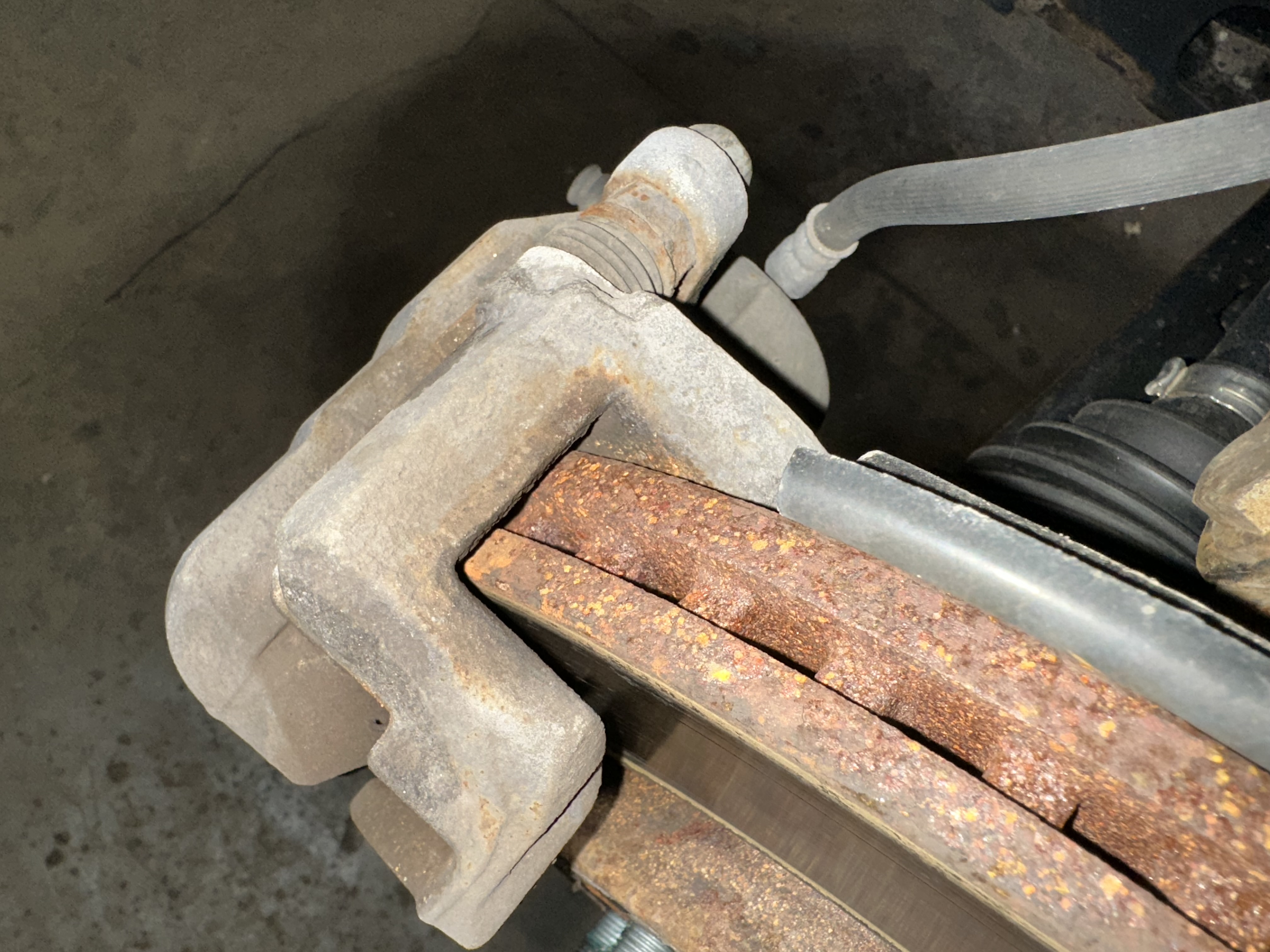
If your car brakes are sticking, it can make driving a nerve-wracking experience. You press the brake pedal and nothing happens—or worse yet, it takes too long for the brakes to kick in! What’s going on? Let’s take a look at the possible causes of this issue so you can get back on the road with confidence. What Causes Brake Stickiness? The most common cause of brake stickiness is moisture or debris that has become lodged in the components of your braking system. When moisture accumulates inside your brakes, it can corrode the components and cause your brakes to stick. Debris, such as dirt or rocks, can also accumulate in your braking system and cause your brakes to stick. In some cases, it may be necessary to open up the brake drums or calipers and clean them out to prevent them from sticking again. Another common cause of sticky br ... read more
Posted on 2/28/2023

Making the decision to repair or replace your car can be tough. On the one hand, you don’t want to sink too much money into an old car – but on the other, you don’t want to spend more than you have to. Before making any decisions, weighing each option’s pros and cons is important. Let’s break it down for customers looking for guidance. Assessing Your Car’s Condition The first thing to do before deciding whether to fix or get rid of your car is to assess its condition. If your car is newer and still under warranty, many repairs may be covered by the manufacturer. And that makes it easier to decide whether to keep it or not. If it’s an older model, other things need to be taken into account. Consider how much money you have already invested in repairs versus how much longer you think the car will last if fixed again. Inv ... read more
Posted on 2/28/2023
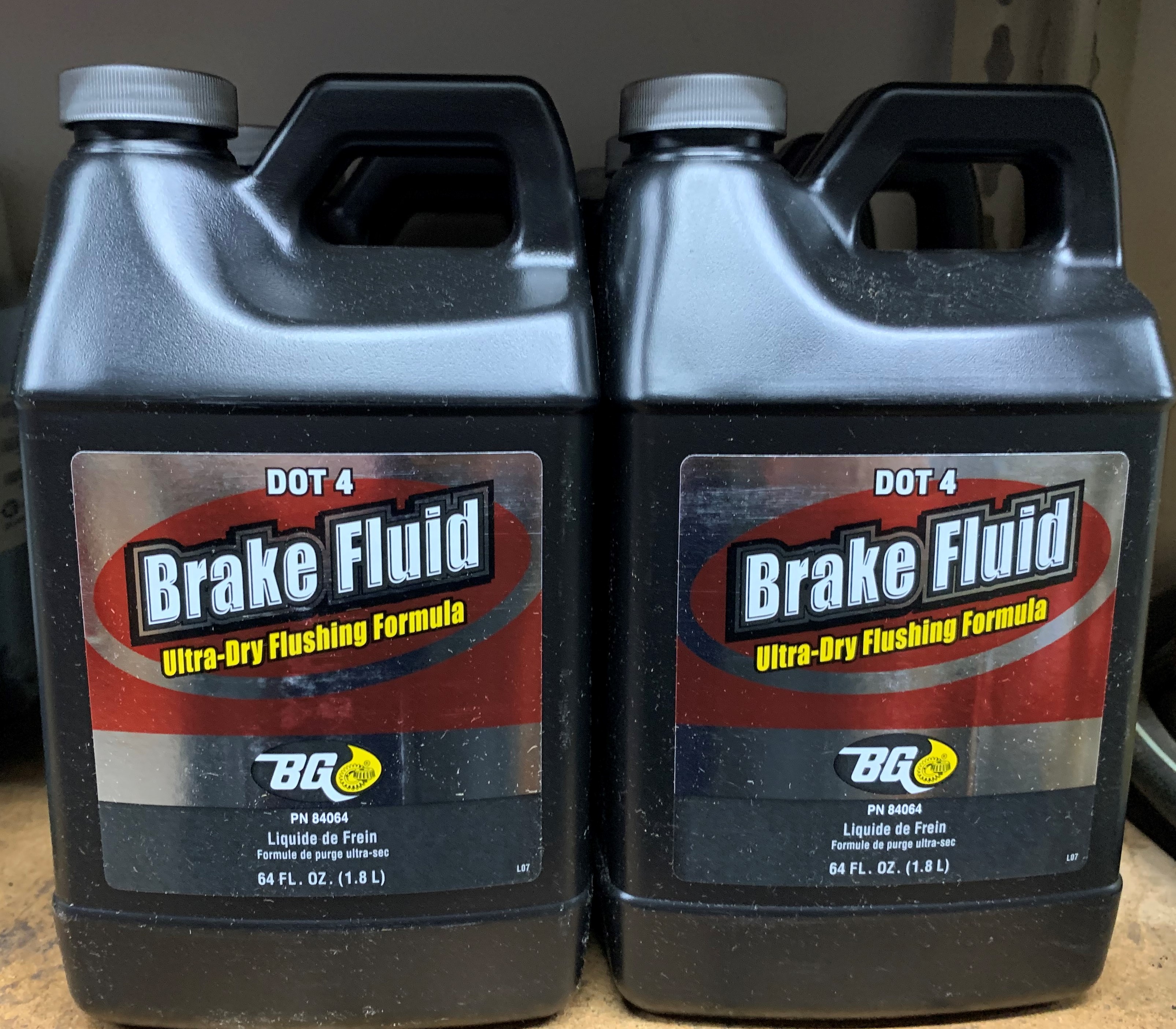
Whether you’re a car enthusiast or an average driver, it’s essential to understand the importance of brake fluid in your vehicle. Brake fluid is a crucial part of your car’s braking system. It helps ensure that your brakes are working when they need to. Learn more about what brake fluid is and how it works. What Is Brake Fluid? Brake fluid is a hydraulic liquid found in the hydraulic brake system of cars and other vehicles. It is designed to send force from the brake pedal through the brake lines to the brakes themselves. The pressure created by pressing on the pedal forces the brake fluid through small passages in the brakes. This causes them to clamp down on the discs or drums and stop the car. Without brake fluid, your brakes would not be able to perform as they should. How Does Brake Fluid Work? Brake fluid works by forcing pressure through lines that run from one end of your vehicle to another. When ... read more
Posted on 2/16/2023
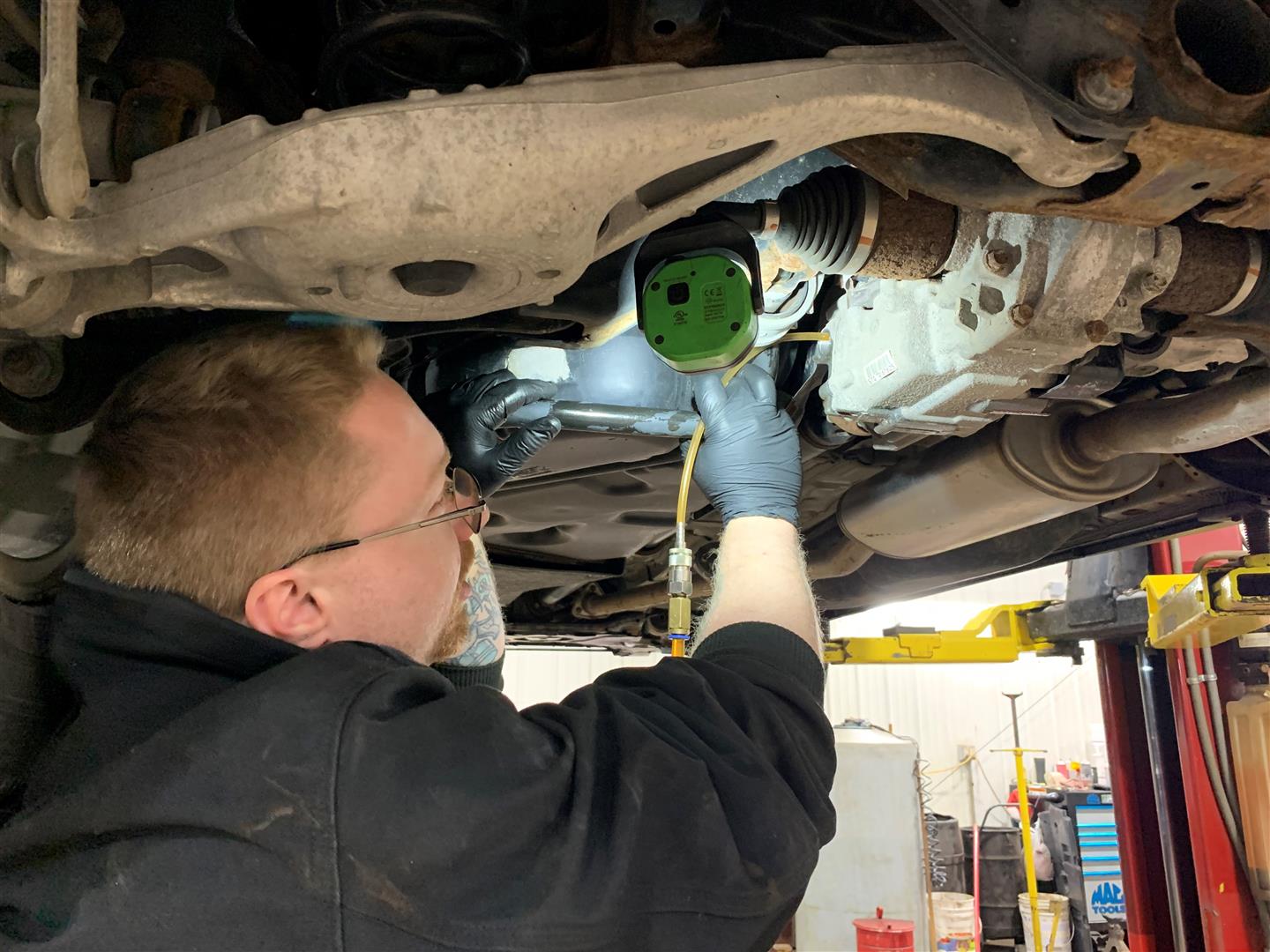
If you’re in the market for a used car, you want to make sure that you’re getting a good deal. To do that, it’s important to get a pre-purchase vehicle inspection. This is an extensive evaluation of the vehicle before you complete the sale. It checks all major systems of the car. And can be used to determine if there are any problems with the car that could affect its performance or value. What’s Included in a Pre-Purchase Vehicle Inspection? A pre-purchase vehicle inspection includes a comprehensive evaluation of the car. This includes checking the engine, transmission, brakes, and steering components. As well as the s ... read more
Posted on 1/17/2023
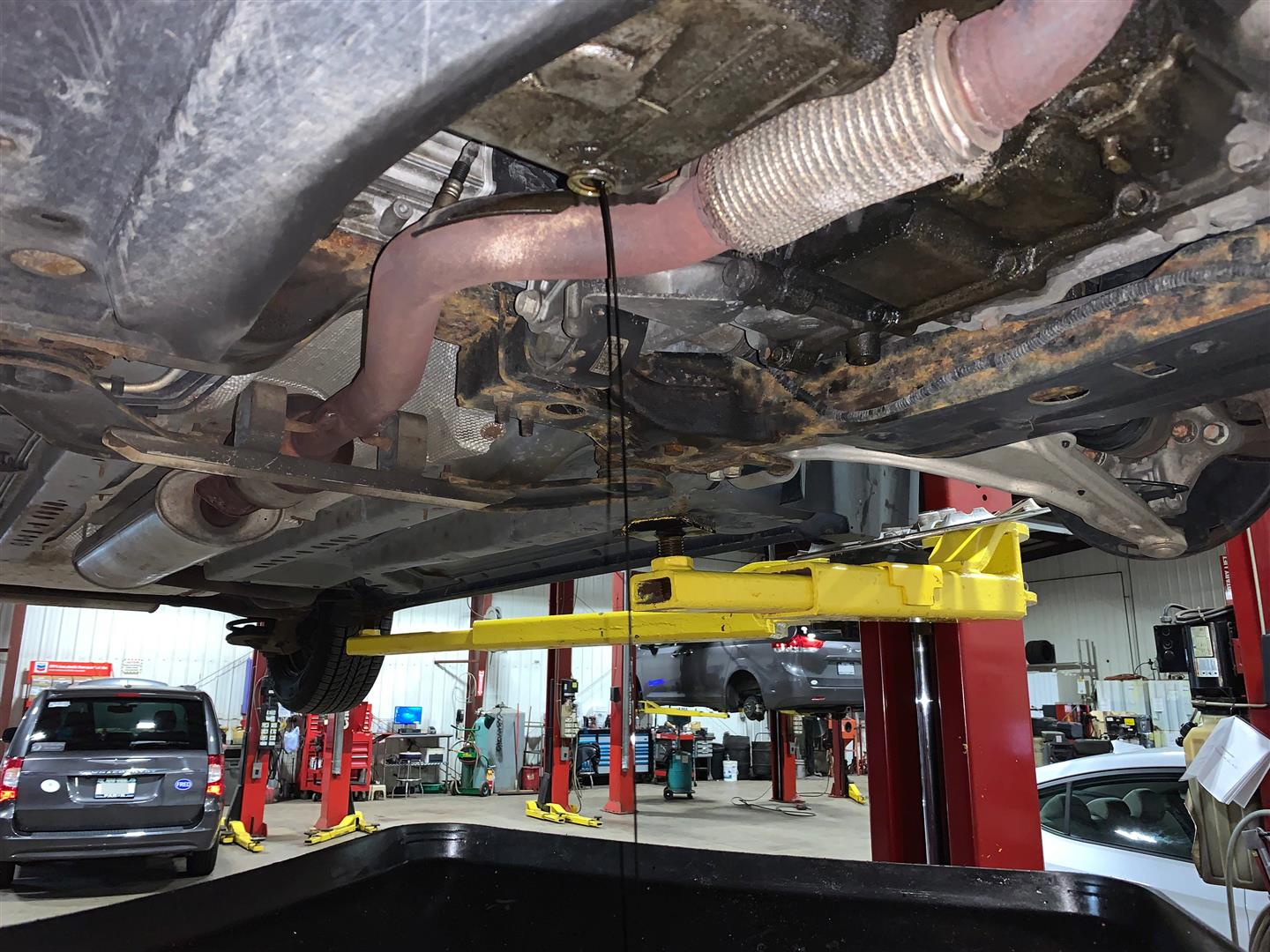
Regular fluid exchanges are one of the most important types of maintenance items for your vehicle. Clean, specialized liquids are needed to help lubricate and cool parts of your vehicle while driving. Contaminated fluids can cause performance issues and part failures. The different types of fluids in your vehicle will have different maintenance schedules. Learn more about these fluids and when they should be changed. MOTOR OILOil changes are the most common type of fluid exchange on a vehicle. Engine oil lubricates, cleans, and cools engine parts. It can also hold abrasive particles and chemical contaminants in suspension. Regular oil changes are neces ... read more